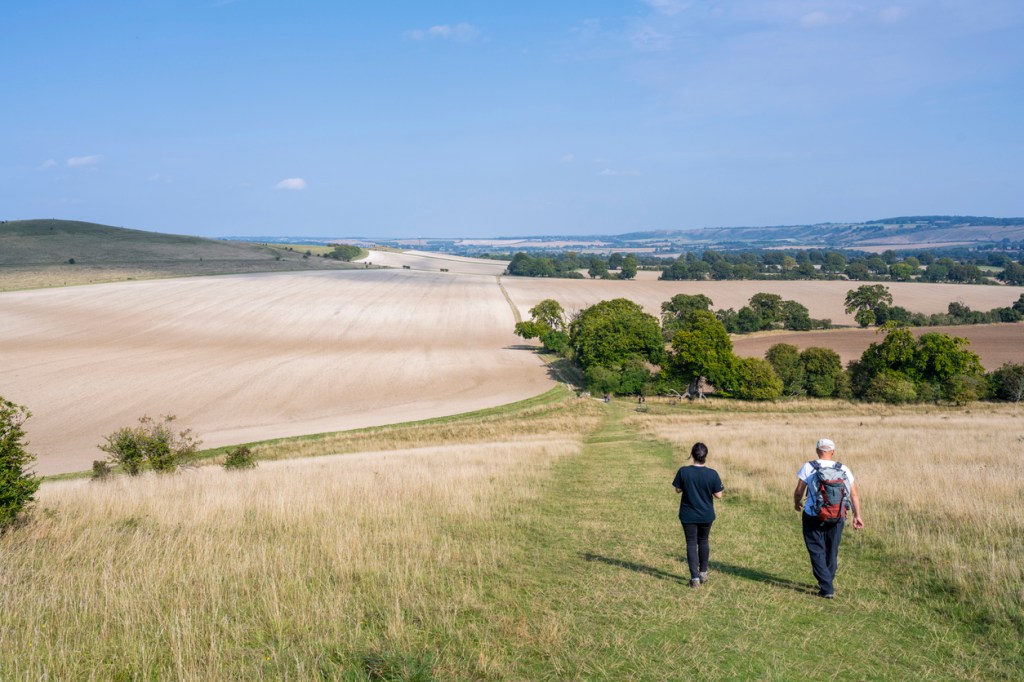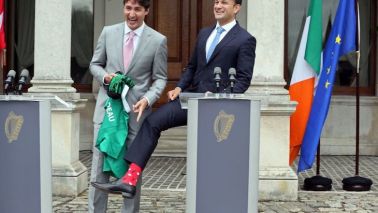Where is science bred? Is it where the physical circumstances are right – clear skies for astronomy, for example? Where raw materials are abundant – coal for organic chemistry? Where minds freely meet? Where the enlightened patron rules?
Violet Moller’s first book, The Map of Knowledge, examined the spread through the centuries of the ideas of Galen, Euclid and Ptolemy by focusing on seven, mainly Mediterranean cities, from Alexandria to Venice, where scientific knowledge was gathered, augmented and promulgated anew, ensuring the survival of classical learning into the modern period. But why these men and these cities? Are people or places the drivers? Is geography a reliable guide, a storytelling device, or an artificial constraint? There are clearly losses in this approach. What about Archimedes? What about China? But what are the gains?
Inside the Stargazer’s Palace takes a similar broad-brush approach, as Moller continues the story of science’s spread, shifting her lens northward and tightening her frame to the 16th century. The careers of her principal subjects, the Polish mathematical astronomer Nicolaus Copernicus, the Elizabethan alchemist and magus John Dee and the Danish astronomer Tycho Brahe, span the century. She calls these men ‘heroes of science’, but argues, too, for the importance of ‘places and conditions’. Seven new places lead us from Nuremberg to Prague, via Louvain, Mortlake, Kassel and the Danish island of Hven. Yes, Mortlake, in Surrey. The fact that a sleepy Thames-side village is one of the stops on our journey might alert us that these are not all places renowned as hubs of intellectual ferment, while the choice of the final destination, Francis Bacon’s entirely imaginary ‘New Atlantis’, should finally tip us the wink that it can’t really be place that matters.








Comments
Join the debate for just $5 for 3 months
Be part of the conversation with other Spectator readers by getting your first three months for $5.
UNLOCK ACCESS Just $5 for 3 monthsAlready a subscriber? Log in